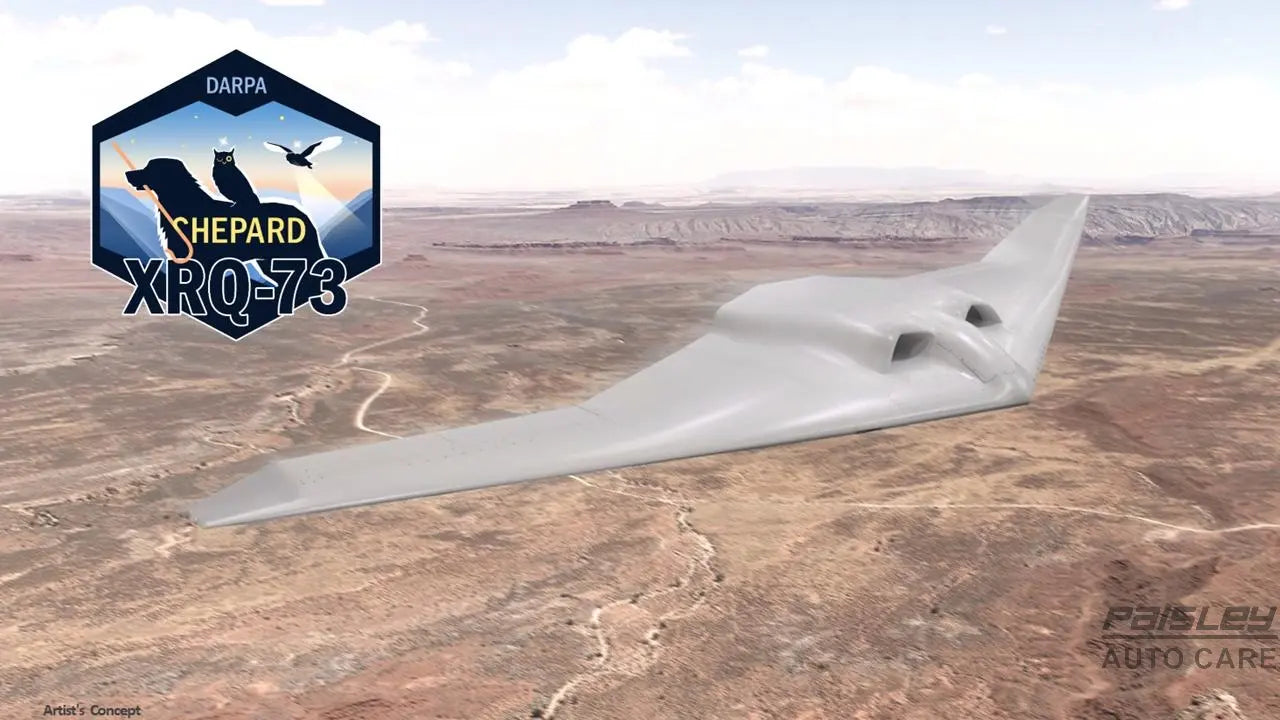Exploring XRQ-73
In an era where technological advancements are pivotal to national security, understanding cutting-edge defense mechanisms is crucial. This blog explores the XRQ-73, a recent innovation in defense technology, and delves into the workings of the Defense Advanced Research Projects Agency (DARPA), a key player behind many such advancements. Through this exploration, we aim to unveil how such technologies and organisations shape the future of global security.
Part 1: Understanding XRQ-73
What is XRQ-73?
The XRQ-73 represents the latest in a series of developments aimed at enhancing the capabilities of the military through technology. This system, designed to integrate seamlessly with existing and future defense technologies, offers unprecedented efficiency and accuracy in operational scenarios. It incorporates state-of-the-art sensors, advanced computing capabilities, and robust communication networks to provide real-time data and analytics.
The Development of XRQ-73
The journey to developing XRQ-73 was marked by significant challenges and milestones. Initiated as a response to the growing need for adaptable and resilient defense systems, its development involved collaboration between multiple defense contractors and government research bodies. Milestones included the successful integration of artificial intelligence algorithms capable of predictive threat analysis, which marked a significant achievement in defense technology.
XRQ-73 in Action
Operational deployment of XRQ-73 has demonstrated its impact, significantly enhancing the situational awareness and response capabilities of the armed forces. From strategic deployments in conflict zones to peacekeeping missions, XRQ-73 has proved to be a crucial asset in a variety of military operations, demonstrating the practical applications of this advanced technology.
Part 2: DARPA – Driving Innovation in Defense Technologies

The XRQ-73 programme aircraft, part of DARPA’s Series Hybrid Electric Propulsion Aircraft Demonstration (Shepard), is developed under the Great Horned Owl project (GHO). Image provided by DARPA.
What is DARPA?
The Defense Advanced Research Projects Agency (DARPA) is a research and development agency of the US Department of Defense responsible for the development of emerging technologies for use by the military. Since its inception in 1958, DARPA has been at the forefront of numerous technological breakthroughs in areas ranging from internet to stealth technology.
The Role of DARPA in Modern Warfare and Defense
DARPA's role extends beyond mere development; it reshapes how strategies are crafted and executed in the modern military landscape. By focusing on innovative projects like XRQ-73, DARPA not only enhances the tactical capabilities of the military but also ensures that the US maintains a technological edge over its adversaries.
Success Stories and Criticisms
DARPA's portfolio boasts a variety of successful projects, including the development of unmanned vehicles and the establishment of the first computer network. However, the agency has faced criticism over the years for its high-risk, high-reward approach that can lead to costly failures. Despite these challenges, DARPA continues to push the boundaries of what is possible in military technology.
Part 3: The Future of Defense Technologies

Trends and Future Developments
The future of defense technology looks to AI, robotics, and cyber warfare, with systems like XRQ-73 leading the way. These technologies will continue to evolve, offering more integrated and autonomous systems capable of complex decision-making and operations.
The Role of DARPA Moving Forward
As technological advancements continue at an unprecedented rate, DARPA's role will become more crucial. The agency is already exploring next-generation technologies in biotechnology, quantum computing, and space warfare, setting the stage for the next major breakthroughs in defense capabilities.
Additional Resources
For those interested in exploring further, a wealth of resources is available on DARPA's official website, and extensive documentation on XRQ-73 can be found through academic publications and military reports.




